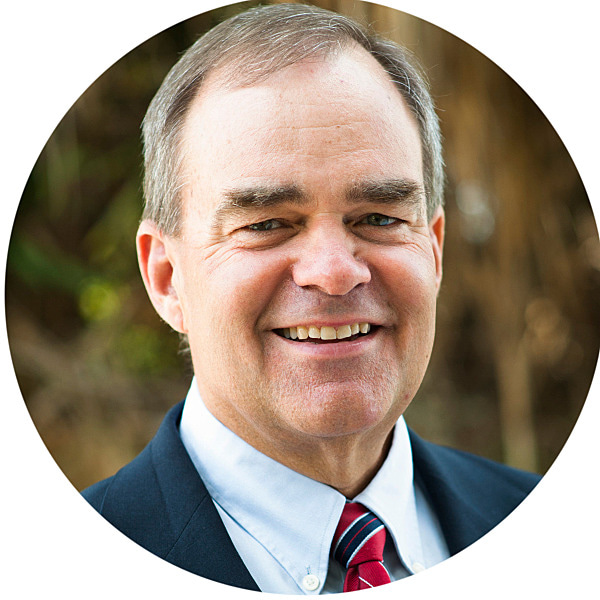Continued from Radical separation: the pastor and psychologist are professions working in different realms. (Page 1)
Psychology and biblical cChristianity address the same human problems from different viewpoints.
In one of these five views books, one author named Hyder writes, if the pastor feels the problems are not responsive to prayer and spiritual help and are severe enough to warrant specially trained professional help, he will refer the sufferer to a trained psychologist or psychiatrist. These men are skilled in treating such problems as depression and anxiety. Another author, Capps, writes, there is general agreement that any use of the Bible in counseling should not violate the principles on which the counselor normally operates. I hope that last quote stirred you a bit.
You hear he says that a counselor, this would be the professional psychological counselor, that any use of the Bible should not violate his normal principles. Well, there’s a hierarchy he’s describing there and that is that what you were trained in as a psychologist is what you run your practice by. Now if the Bible happens to agree with that, okay, but if there’s a contradiction, you need to stick with your psychological training. Obviously, I assume if you’re taking this class, you realize that is a very flawed and unbiblical view because the Bible is infallible revelation from God, equipping us to live. Professor Hart from Fuller Seminary, which is one of many colleges and seminaries which have extensive training offered in psychology, he says, in my opinion, the role of the pastor and the role of the counselor are different. The pastor has to declare sin in a way that sometimes sets up a barrier with a hurting person. A pastor is a guilt-inducing agent. The counseling office, however, is more permissive. Its role is to understand the person and to communicate at a level of empathy that can facilitate the healing process.
Well, in that description, first of all, it makes the counselor seem much nicer than the pastor, but if you’re a Christian, and somebody comes to you and they’re engaging in sinful behavior, they’re practicing homosexuality, they’re committing adultery, whatever it is, they’re stealing money, your responsibility to that person, biblically, is the same whether you’re a pastor or a friend or a professional counselor. And the Bible is the standard. But these are illustrations of how they try to separate those roles out. The problem is that they’re not two separate roles where, well, these are the mental health issues and these are the spiritual issues. These realms are overlapping. The same issues are being addressed, the same spiritual issues addressed, the same human problems are being addressed. Fear, worry, conflict, depression, marriage problems, they’re being addressed from different viewpoints and the Bible addresses these clearly and decisively. You can’t leave God out.
Who is qualified to counsel?
And another issue with radical separation even comes to who is qualified to counsel? In many cases, finding that professional counselor, because he’s gotten the training, he’s got the master’s degree, the PhD from the respected university, state licensed, becomes the big issue. Well, the Bible says if someone’s caught in a trespass, you who are spiritual restore him. That the quality of the person is they need to be godly. Of course, they also need to know the scriptures. And I’ve even, to refer a believer to an unbeliever or even someone who’s a professing Christian who does not know the scriptures or is not living a life of obedience to the scriptures would seem to me, biblically, to be a very great error.
Rich Ganz, who was actually training to be a, working on his PhD and was doing an internship in psychotherapy, when he became a Christian, while he was working in a mental hospital, a very prestigious situation, started reading the scriptures to some of the patients and actually saw some of them converted and he said he was told, be a Christian after work and leave Christianity out of psychotherapy. He ended up losing his job, although in the last month at the hospital, there were actually two remarkable conversions, including describing how one person, who hadn’t spoken in months or years and when Rich read the scriptures to that person, he started yelling, initially, but how people who had seemed to be totally just locked into whatever their problem was in the mental ward, some of them, not all, but some, by God’s grace, through the word of God, were set free. So the radical separation view kind of tries to maintain psychology as a science separate from pastoral work and we would believe this is a very unbiblical perspective.

